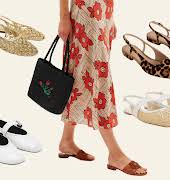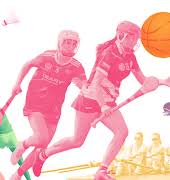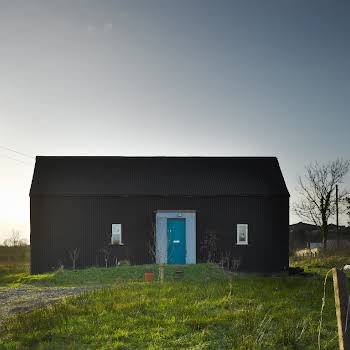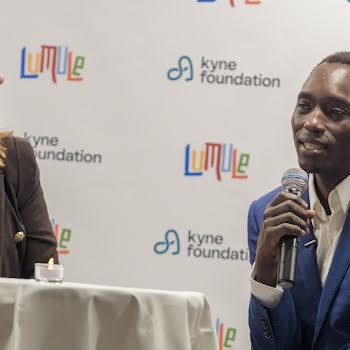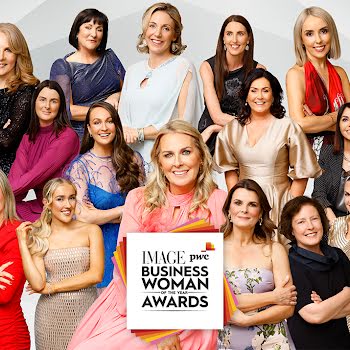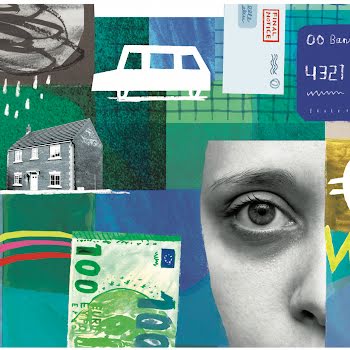By Sarah Finnan
19th Jun 2024
19th Jun 2024
Recent findings released by Women’s Aid reveal that at least 1 in 4 women in Ireland have experienced abuse by a current or former intimate partner.
2023 was a record-high year for reports of domestic abuse towards women in Ireland with Women’s Aid recording the highest level of disclosures of domestic abuse in its 50-year history.
According to the charity’s annual impact report, there were 40,048 disclosures of abuse in 2023 – an 18% increase on the year before. Physical violence reports were up 74% while there was an 87% increase in economic abuse.
A harrowing and poignant reminder of the level of domestic violence and abuse still prevalent in Irish homes, the report “provides an insight into the coercive and controlling emotional, physical, economic, and sexual abuses inflicted upon women and their children at the hands of current and former intimate partners”.
As per Women’s Aid findings, coercive control is at the core of all domestic violence and abuse. The charity defines coercive control as “an ongoing pattern of controlling and threatening behaviour including all or some forms of domestic abuse by a partner or ex-partner”.
Speaking on the appalling findings, Women’s Aid CEO, Sarah Benson, commented, “It is shocking that in our 50th year of service to women, we are still receiving record disclosures of domestic abuse incidents. Behind our harrowing statistics there are strong, resilient women who have taken a courageous step to share their story to our frontline services. But we know that so many more women suffer alone, in silence and without specialist support.”
In 2023, 86% of those who contacted Women’s Aid were abused by a current or former male intimate partner. An additional 9% of women were abused by a man who was not an intimate partner or ex-partner while 5% of women disclosed abuse by a female abuser.
Reflecting on the past five decades, the charity says that there have been improvements, with positive change in legislation, service provision and public recognition of domestic, sexual and gender-based violence. That said, there is still much to be done. “It is an undeniable fact that Women’s Aid is busier than ever because we still live in an unequal society. At this very moment, there are many thousands of women and children living in fear of the person who should love, respect and care for them,” Benson added.
The report also laid out exactly what constitutes each type of abuse, which you can read more about below:
Emotional abuse
- Name-calling and verbal abuse
- Isolation from family and friends
- Possessiveness, jealousy, and accusations of cheating
- Stalking and being monitored both physically and online
- Living with the threat of physical and/or sexual violence.
- Being forbidden to leave the home without the abuser.
- Having the abuser threaten to hurt or kill her, themselves, their children or her family or her friends
- Abuser denying or minimising the abuse shortly after it happened (gaslighting)
- Abusers targeting the mother-child bond by manipulating and encouraging the children to join in on the abuse of their mother
Physical abuse
- Assault, including with an object (i.e., hammer, golf club, hurl, gun)
- Strangulation
- Pushing and shoving
- Harm with knives including cutting and stabbing
- Punching and slapping
- Inflicting physical injuries including: broken bones, having hair pulled out, teeth broken
Economic abuse
- Abuser denying access to household income to pay for food, medication and other necessities for themselves and the children
- Abuser pressurising them into giving them large sums of money or getting them into debt
- Abuser jeopardising women’s access to employment
- Abuser controlling women’s income
- Abuser refusing to pay maintenance for any children in common or only paying sporadically. Often, abusers use child maintenance payments as a means to control and coerce their ex-partners
Sexual abuse
- Rape (307 disclosures) and sexual assault
- Coerced sexual activity
- Unwanted sexual advances
- Being spoken to, or about, in a sexually derogative way
- Abuser forcing them to watch and re-enact pornography
Digital abuse and cyberstalking
- Abuse by text, email, phone call and social media
- Abuser sending explicit and violent images and videos
- Abuser monitoring their internet use
- Abuser subjecting them to image-based sexual abuse by:
— secretly recording them
— sharing or threatening to share intimate images of them without their consent
— blackmailing them into sending intimate images
If you’ve been affected by sexual abuse, you can contact the Rape Crisis Centre National 24-Hour Helpline at 1800 778 888, at any time of day or night. They offer a free and confidential listening and support service for anyone who has been raped, sexually assaulted, sexually harassed or sexually abused at any time in their lives.
Alternatively, you can reach out to Women’s Aid on their free 24/7 National Helpline on 1800 341 900. It’s a safe, confidential and non-judgmental space to talk through what is happening at home and get practical support, including emergency safe accommodation. Or you can visit SafeIreland to find a local helpline.
Photo by Claudia Wolff on Unsplash


